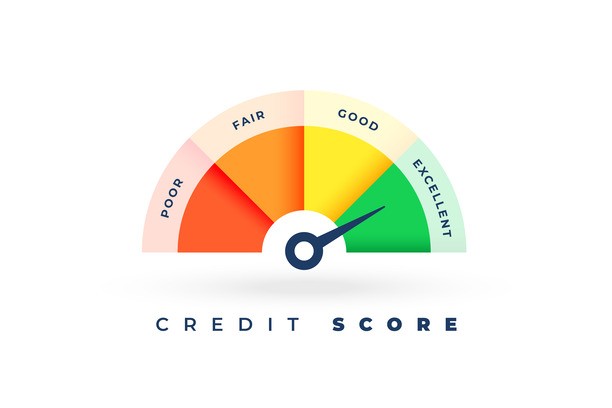

Moving to Canada brings many exciting opportunities—but also a few financial challenges. One of the most important steps for any newcomer is building a strong credit score. Your credit score will impact your ability to rent an apartment, get a cellphone plan, secure a car loan, or even apply for a mortgage in the future.
But if you’re new to Canada, your credit history doesn’t follow you from your home country. That means you’re starting from scratch. Don’t worry—building your credit score isn’t as hard as it seems, and with the right habits, you can do it faster than you think.
Here’s everything you need to know about building your credit score quickly as a new immigrant in Canada.
Your credit score is a three-digit number that shows lenders how reliable you are with money. It usually ranges from 300 to 900. The higher the score, the better your chances of getting approved for credit with low interest rates.
Credit scores in Canada are calculated based on factors like:
For new immigrants, the goal is to start building this history responsibly.
As a newcomer, you may not think about credit right away. But your score plays a role in:
That’s why starting early can give you a head start on building a stable life in Canada.
This is often the first step. A secured credit card requires a deposit (usually $500–$1,000) which acts as your credit limit. You use it like a regular card, and if you pay on time, your score will start to grow.
Tips:
Your payment history is the biggest factor in your credit score. Even if a bill doesn’t seem related to credit (like your phone or internet), missing payments can eventually hurt your score if it goes to collections.
Set up automatic payments or reminders so you never miss a due date.
Credit utilization is how much of your available credit you use. For example, if you have a $1,000 credit limit and you use $900, that’s 90%—too high.
Try to keep your usage below 30% to show lenders you manage credit well. If your limit is $1,000, aim to use no more than $300 at a time.
Each time you apply for credit, a “hard inquiry” is made. Too many inquiries in a short period can lower your score temporarily.
Space out your applications and only apply when you really need to.
While your checking or savings account won’t affect your credit score directly, having a strong relationship with a Canadian bank can help you access more financial tools later—like loans or credit cards with better terms.
Set up direct deposit, use debit responsibly, and build a stable banking history.
Once you’ve used your card responsibly for a few months, you can request a credit limit increase. A higher limit helps lower your utilization rate, which can boost your score.
But don’t use it as an excuse to overspend. Only do this if you can stay within that 30% usage rule.
After a few months of building credit, you may qualify for a small loan. Paying this off on time adds more positive history to your credit profile.
Make sure you understand the terms and only borrow what you can repay.
Everyone’s situation is different, but if you follow the steps above, you could see improvement in your credit score within 3 to 6 months. It may take a year or two to reach a strong score (700+), but steady progress matters more than speed.
The key is consistency—paying bills on time, keeping debt low, and using credit wisely.
Building your credit as a new immigrant in Canada might seem challenging at first, but it’s completely doable with the right approach. Start small, stay consistent, and treat your credit like a valuable tool—not free money.
A strong credit score will open many doors for you in Canada, from housing to loans to peace of mind. So don’t wait—start building your financial foundation today.
Having an 'Identity Verified' badge or being 'Identity Verified' simply indicates that an individual has submitted information to complete our identity verification process or we have conducted internal verification using various authorized websites. While this process includes safeguards, it does not guarantee that the person is who they claim to be.
If you encounter any issues with this profile, please report them here. While all consultants who are verified have RCIC ID, we may not have the latest data in terms of their renewal/cancellation/discontinuation of their RCIC ID.
The "Verified Consultants" profiles are created using publicly available information, including data from the IRCC website, official consultant sites, other listing platforms, and social media. Immiperts.com is an independent platform, not affiliated with IRCC or any registered immigration consultants. To update, claim, or remove your profile, please contact us at [email protected].
╳